The Agricultural Research Department at the Ministry of Municipality has succeeded in using gamma rays to produce new varieties of vegetables suitable for the environmental conditions in Qatar.
Hamad Sakit al-Shemmari, director of the Agricultural Research Department, told local Arabic daily Arrayah that this modern technique has achieved high research and production results. He also expected that a new variety of tomato produced through this technique will be revealed soon.
The department is making serious efforts to develop the meat and dairy production sector in the country by carrying out advanced research to select the best fodders that suit local conditions. Accordingly, improved fodders have been developed, leading to a noticeable increase in meat and dairy production compared to the use of traditional fodders. Further, the Plant Research Section at the Agricultural Research Department has successfully produced Al Labid fodder, which is rich in protein and fiber, consumes less water, and is tolerant of salinity and hot climate, considered an important step towards achieving sustainability in the livestock sector and reducing the load on the country's scarce water resources.
The research stations under the department has undergone considerable development in employing modern technology, which yielded excellent results in various related fields. For instance, the climate controlled greenhouses were used in agriculture, besides the use of automated and centralised fertilization systems and the clean agriculture methods.
Further, sophisticated irrigation methods have been used such as the open and closed hydroponics systems, which help in reducing the consumption of water and fertilisers.
He further stressed the department's efforts to establish Qatar's position as a leading regional centre for date production and preservation, enhancing the quality and value of this product, and supporting efforts to diversify the national economy.
The official also pointed out that the department has sold 5,000 tissue-culture date palm saplings of the best varieties, such as Khalas, Khunaizi, Nabat Saif, and Barhi, since the start of the initiative a few months ago, and expects to sell 15,000 by the end of this year.
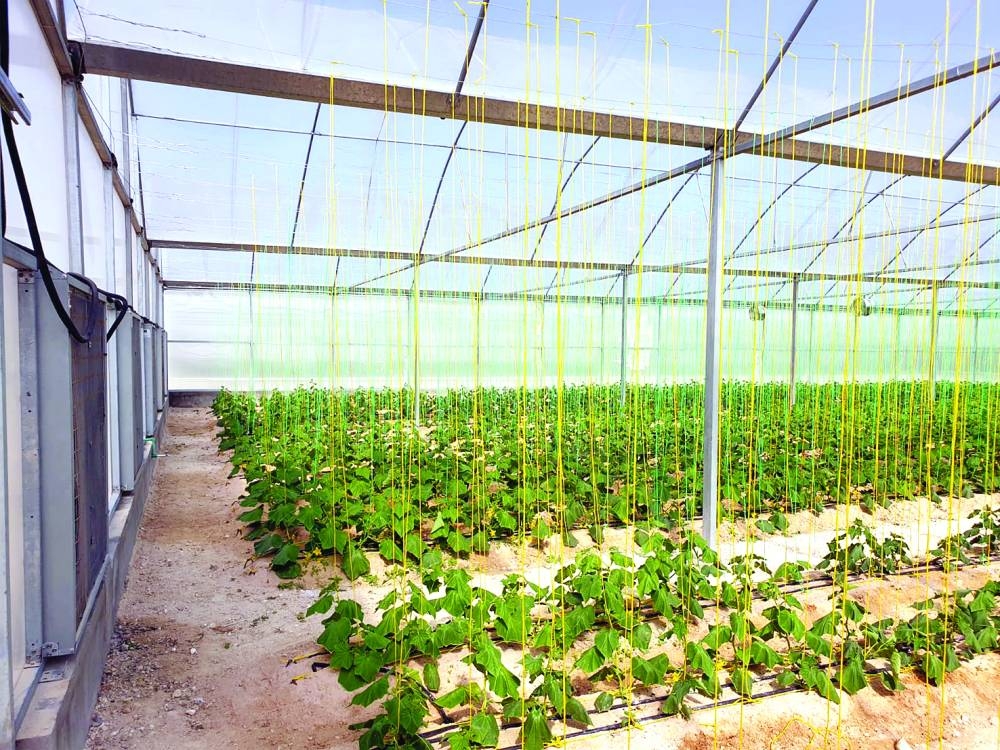
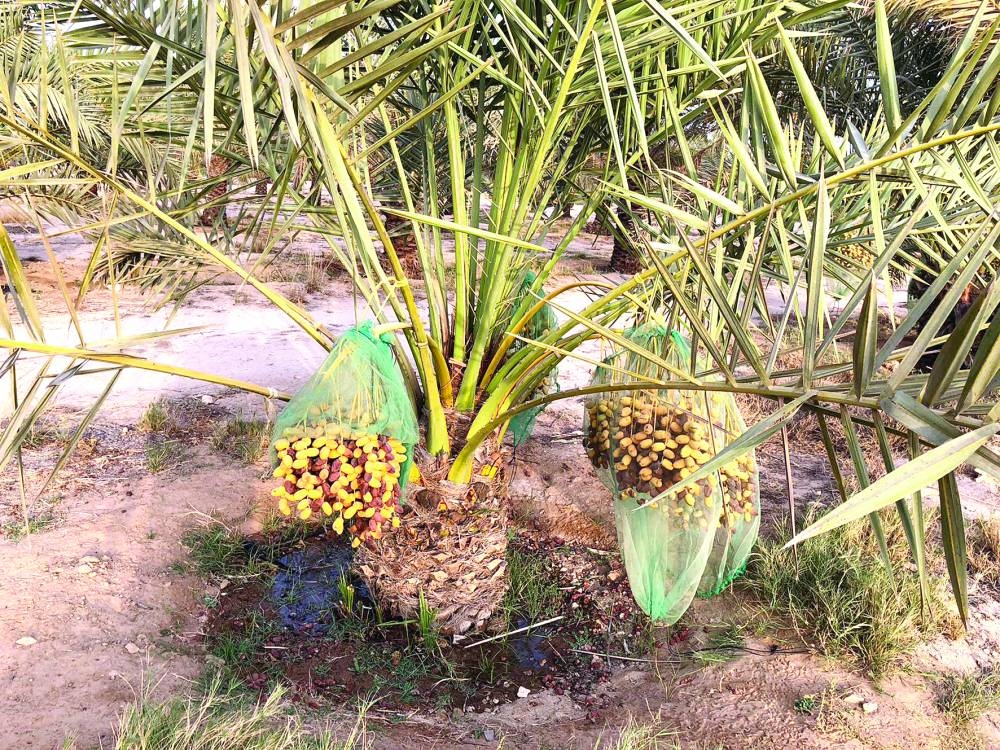
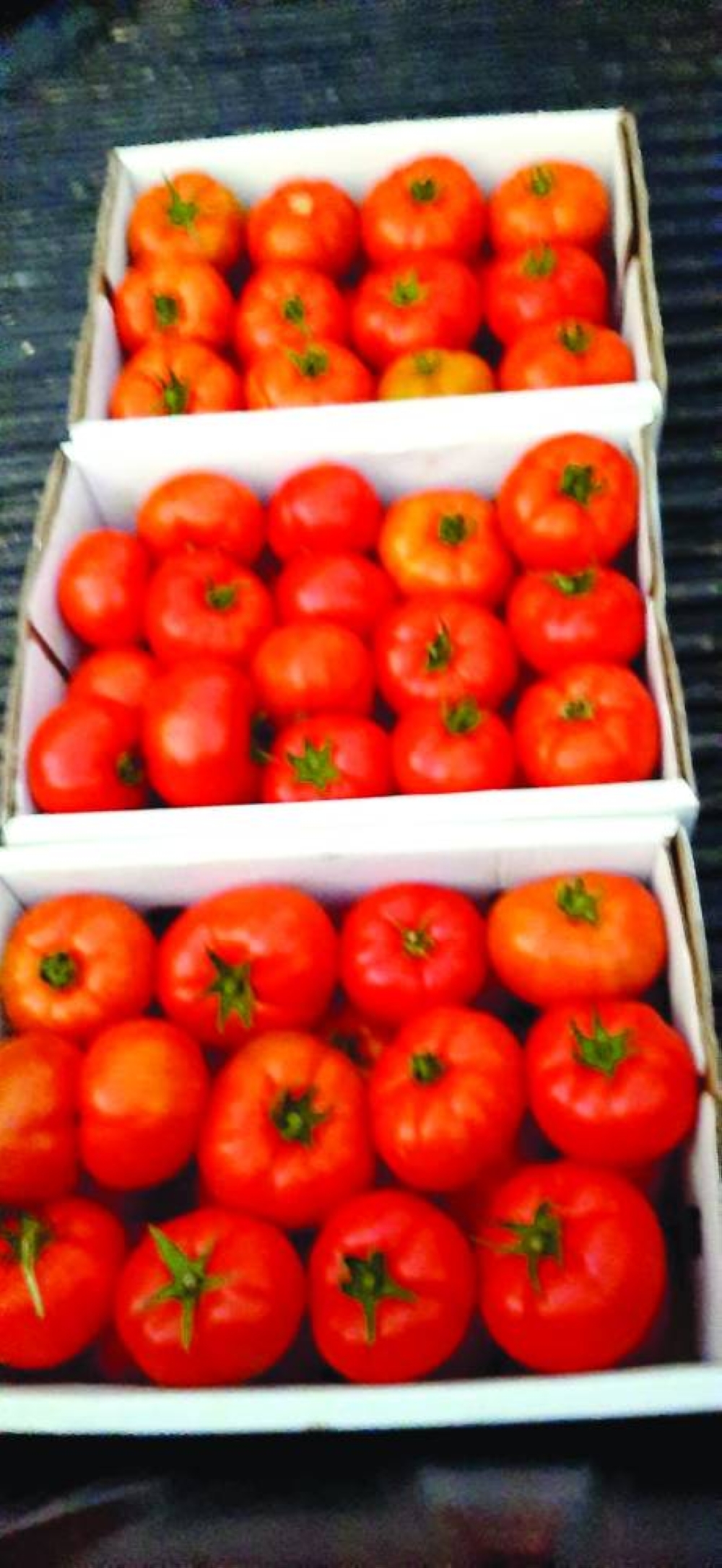
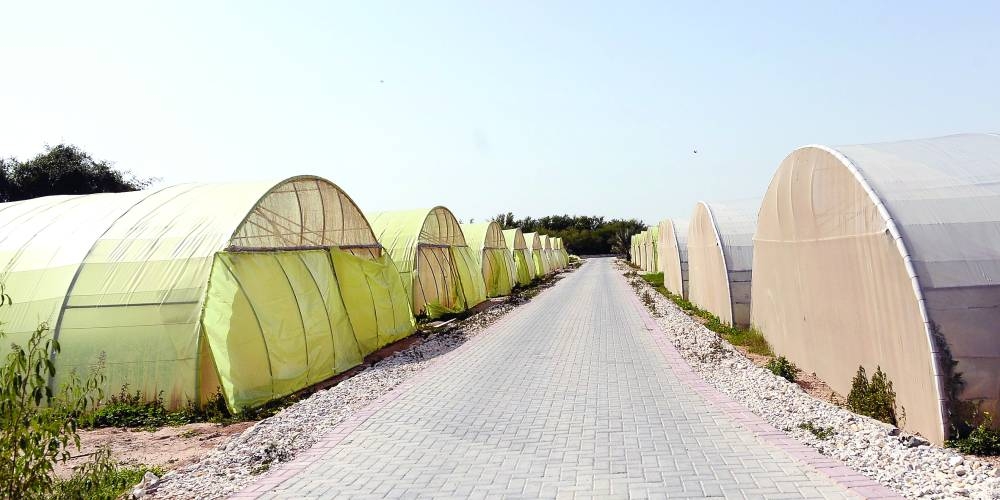
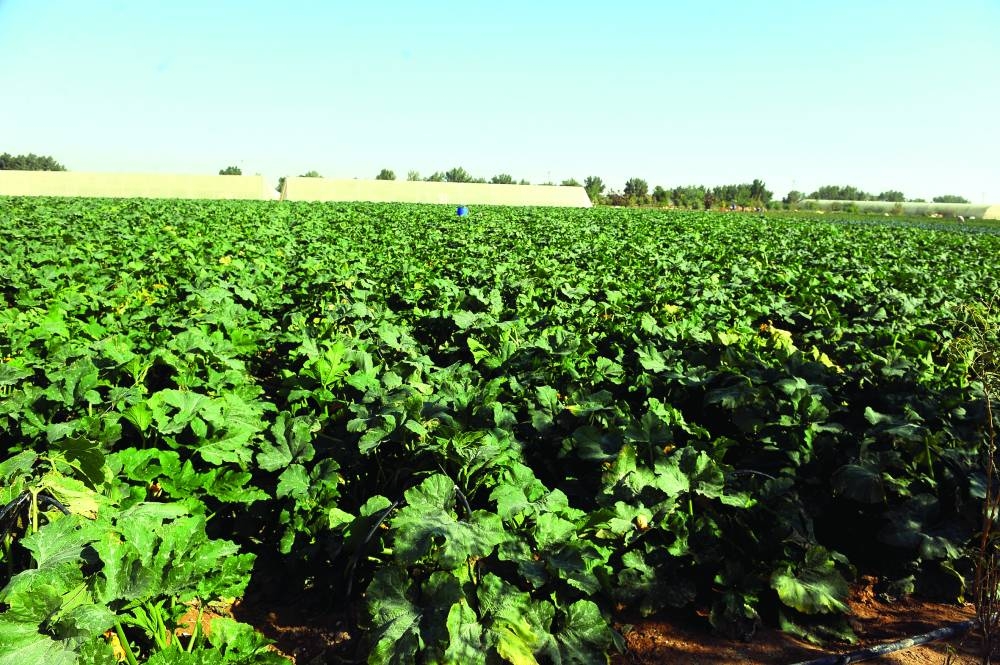

Hamad Sakit al-Shemmari
